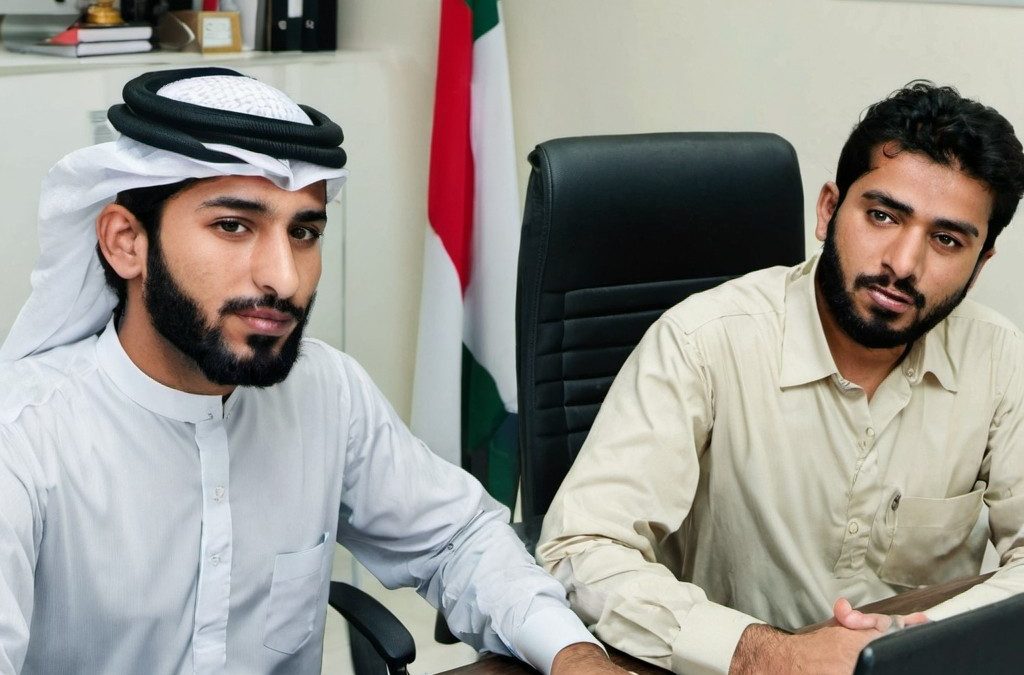As a Pakistani professional eyeing career opportunities in the Middle East, you’re about to embark on an exciting journey filled with potential for growth and success. However, navigating the cultural nuances of Middle Eastern work environments can be challenging. This comprehensive guide, enriched with insights from KOES’ experienced placement team, will equip you with the knowledge and strategies needed to adapt and excel in your new professional landscape.
1. Embrace the Power of Relationships
In Middle Eastern business culture, personal relationships often take precedence over immediate task completion. This approach, known as “wasta” in Arabic, emphasizes the importance of building and maintaining strong professional networks.
How to adapt:
- Invest time in getting to know your colleagues and superiors on a personal level.
- Participate in social gatherings and team-building activities.
- Be patient with initial meetings that may seem more social than business-oriented
KOES Insight:
Our successful placements consistently report that taking the time to build genuine relationships with their Middle Eastern colleagues has been crucial to their professional success,
Amjad Kazmi – Human Resource Manager at KOES.
2. Master the Art of Indirect Communication
While Pakistani culture often values directness, Middle Eastern communication styles tend to be more indirect and nuanced. Understanding and adapting to this difference is crucial for effective workplace interactions.
How to adapt:
- Pay attention to non-verbal cues and context.
- Avoid blunt criticism or disagreement, especially in public settings.
- Learn to use diplomatic language and euphemisms when necessary
KOES Insight: Ambreen Khan, Talent Acquisition Manager at KOES, advises:
Practice active listening and reading between the lines. What’s not said is often as important as what is said in Middle Eastern workplaces.
3. Respect Hierarchical Structures
Middle Eastern organizations often have more pronounced hierarchical structures compared to what you might be used to in Pakistan. Understanding and respecting these structures is crucial for workplace harmony.
How to adapt:
- Address superiors with appropriate titles and show deference.
- Be mindful of decision-making processes, which may be more top-down.
- Seek proper channels for suggestions or concerns.
4. Navigate Gender Dynamics with Sensitivity
Gender dynamics in Middle Eastern workplaces can differ significantly from those in Pakistan. It’s essential to be aware of and respect local norms while maintaining professionalism.
How to adapt:
- Be mindful of appropriate greetings and physical contact between genders.
- Respect dress codes, which may be more conservative.
- In mixed-gender settings, follow the lead of local colleagues.
KOES Insight:
“Understanding and respecting local gender norms while maintaining your professionalism is a delicate balance. Our orientation program אדדרעססעס this aspect to ensure smooth transitions for our placements,” explains Jackson Shad Sundhu, Compliance Supervisor at KOES.
5. Embrace Flexible Time Management
The concept of time in Middle Eastern business culture can be more fluid than what you might be accustomed to in Pakistan. This flexibility requires adaptation in your approach to schedules and deadlines.
How to adapt:
- Be prepared for meetings to start later or run longer than scheduled.
- Remain flexible with project timelines and be ready to accommodate changes.
- Balance respecting local time customs with meeting critical deadlines.
6. Develop Cultural Intelligence
Cultural intelligence (CQ) is your ability to relate and work effectively in culturally diverse situations. Developing your CQ is crucial for success in the Middle Eastern workplace.
How to adapt:
- Learn about the history, customs, and etiquette of your host country.
- Be open-minded and avoid making assumptions based on your own cultural norms.
- Seek opportunities for cross-cultural training and experiences.
7. Navigate Religious Considerations
Religion plays a significant role in many Middle Eastern workplaces. Understanding and respecting religious practices is essential for harmonious professional relationships.
How to adapt:
- Be aware of prayer times and respect colleagues who observe them.
- Familiarize yourself with religious holidays and their impact on work schedules.
- Be mindful of dietary restrictions during business meals or office events.
Conclusion
Adapting to Middle Eastern work culture as a Pakistani professional is a journey of growth, learning, and opportunity. By embracing relationship-building, mastering indirect communication, respecting hierarchies, navigating gender dynamics sensitively, adopting flexible time management, developing cultural intelligence, and understanding religious considerations, you’ll be well-equipped to thrive in your new professional environment.
Remember, adaptation is a process that requires patience, open-mindedness, and continuous learning. With the insights shared in this guide and the support of experienced placement teams like KOES, you’re on the path to unlocking remarkable success in Middle Eastern workplaces.
Are you ready to take your career to new heights in the Middle East? Connect with KOES today to explore exciting opportunities and receive personalized guidance on your professional journey.
Related links:

